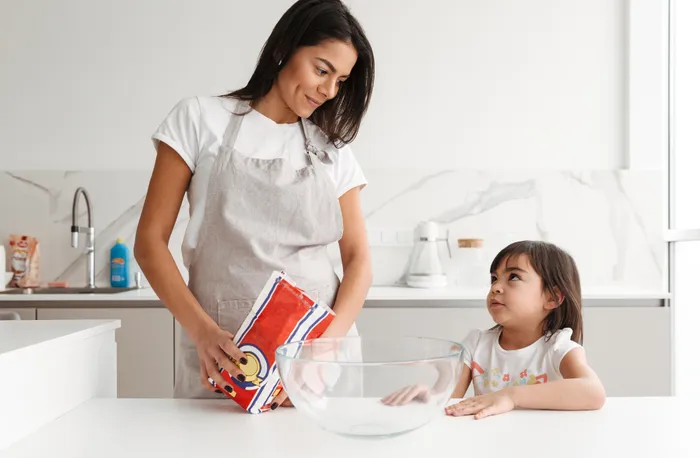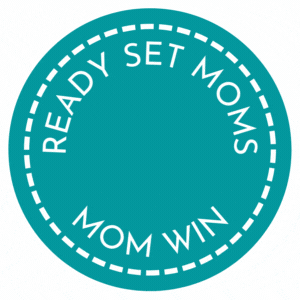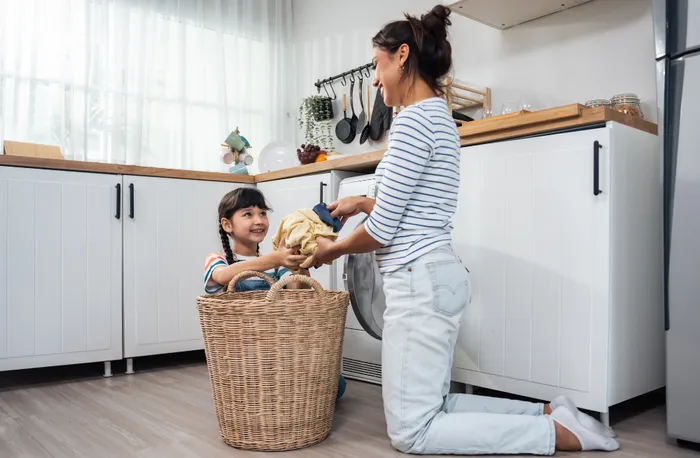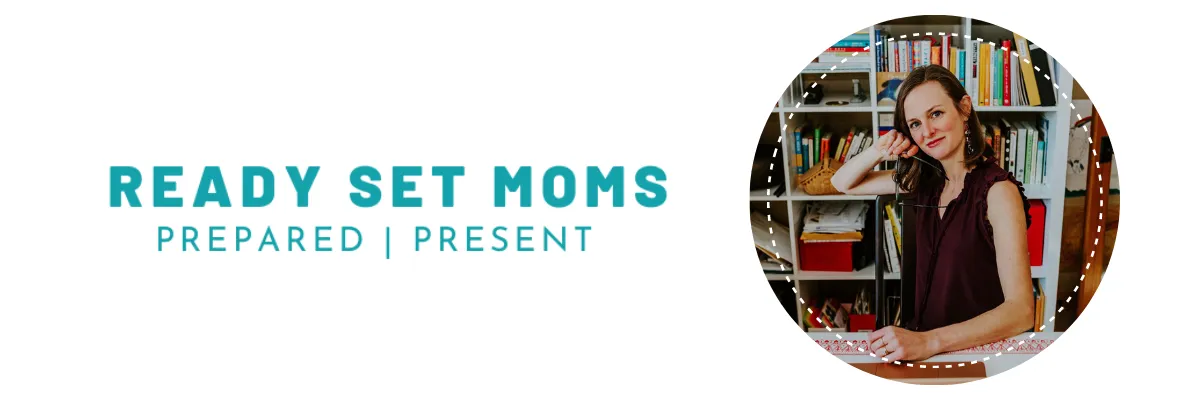The Importance of Flexibility in Parenting (+ Tips!)
Step right up!! Welcome to the extraordinary world of parenting, where you're not only the strongman lifting the weight of responsibilities, but also the nimble contortionist bending and adapting to life's unpredictability. It's all about finding the right balance. It’s quite the circus act.

Flexibility in Parenting
Would you say you have a flexible parenting approach?
Here’s what no one tells you. I certainly never saw it in one of the parenting books I gave myself over to:
The other evening, everyone was sitting down to dinner. I was just about to sit down, myself, when my son made some request. Might've been ketchup. For meatballs. (God rest my grandmother’s soul.) I walked back over to the refrigerator and heard myself say, "No problem. I can be flexible.” Followed by, “I hate being flexible."
Two truths and a lie.
Truth: Yes, I CAN be flexible.
Truth: I hate being flexible.
The lie: No problem.
The problem was that I let his request annoy me. After I had been thoughtful about what I'd prepared, and served what I’d prepared, and just wanted to sit down at the end of the day and eat what I’d prepared, I wasn’t in the mood to make any more accommodations. I wanted to sit. I wanted my thoughtfulness and efforts to be appreciated.
But, my mindset aside, his request was not unreasonable or difficult to fulfill. So I chose to give a little rather than stress him out with my own obstinance.
This is where the phrase "pick your battles" would normally come in, but I'd rather a metaphor that's not so hostile. Even when I do "pick my battle," I want to be in the trenches WITH my kids, not against them.
It was just a momentary glitch in my spirit, but it was also a clear sense of self that had eluded me and that I can harness in the future: Being flexible is challenging for me.

Mom-Win: Flexibility in Parenting

In your journal, in your notes app, in a reply to this post, or just in your mind:
- Think of 3 circumstances in which it's easy for you to be FLEXIBLE.
- Think of 3 circumstances in which it's easy for you to be STRUCTURED.
- Think of 1 recent bad day or challenging instance where having a more flexible parenting style would have helped.
- Think of 1 recent challenging instance where having more structure would have helped.
- How can you draw from your own experiences when it was easy to be flexible or structured and bring that forward to other instances where it comes less naturally?
This might be obvious, but it's easier for me to be flexible when I don't care so much about the details. So what if my little dude has ketchup with his meatballs, as long as he eats them? (Which, for the record, he did not.)
Here are some mini case studies, in case stories help you integrate:
The Power of Flexible Thinking
Scene: Everything is running smoothly, you're right on time to get out the door, then diaper blow out.
- The person with a flexible mindset will deal with the mess, because what else can you do, and carry on, without getting stressed. Maybe she's even able to laugh about it?
- The more structured person who had tunnel vision on the goal of getting out the door on time might get flustered by this sidetrack and start to lose her calm.
- Self-coaching: Slow down the internal hamster by giving yourself permission to be late to the next thing on time. You can figure it out, even a tardy arrival at a doctor's appointment or a missed flight. Deal with the moment you're in to bypass the compounded stress of the future moment. Try saying to yourself, “Ha! I expected this.” It can help, even if you’re fibbing.
Having a Flexible Approach
Scene: You're standing at the stove making risotto but the baby is wailing and the toddler is wailing and you're wailing and you just burned your forearm and it feels like nothing is ever going to be easy ever again. (This was me.)
- The flexible mindset knows the stakes are low. There is no urgency in this everyday moment. You can let go of the vision of having hot creamy delicious risotto ready at 6:00 pm sharp and instead turn off the stove, calm your nervous system, and in turn calm theirs. You can have dinner a little later. Or cereal. (Also, in the future, hands-off Instant Pot Risotto for the win.)

Realistic Expectations and Positive Outcomes
Scene: It’s time for your morning routine. You're dressing your preschooler in his heretofore favorite pants but today he's losing his mind because they're bunchy and you just need him to get in the pants so you can get in the car so you can drop him at school so you can get to YOUR thing on time.
- Wisdom prevails and allows you to pause and realize an inflexible preschooler + an inflexible parent = a power struggle. And the only way out of one of those is by force (which wouldn’t be pretty) or by being flexible (which is a choice). And if you just relax and say "Buddy, I believe you. Today these pants feel bunchy. What do YOU think would be comfortable?" And if he chooses pants out of the dirty hamper, so be it.
Derailed by illness or an Uncertain Situation
Scene: You and your partner have done the work of dividing the mental load in a way that feels manageable to both of you and you're on a roll but then he gets sick, so you pick up more of the duties this week. And then one kid and then the other gets sick, and they're home from school, and you're managing it all and then some, while trying not to get sick yourself, and you feel burnout coming on, exactly when you need to stay strong.
- How can you make understanding of your personal comfort with structure and flexibility work for you in this scene? Because structure is not bad. Having structure is a good thing. It gives security and tells you what happens next.
- Structure tells you people need to eat and stay hydrated and start bedtime routines, so you can get that covered. Flexibility tells you it might not look how you had planned. You might order groceries for delivery, order takeout, open a can, raid your freezer stash, or phone a friend for help.
- Structure tells you people need fresh sheets and towels. Flexibility tells you you can do an extra load today or use the extra set and let the laundry build up.

Self compassion reminds you that you do not in fact need to do it all, even/especially at times like these.
By allowing your mind to quiet you can ask important questions like:
- What can I let go of?
- What can be simpler?
- What can wait?
- What do *I* need in order to take care of myself?
And the more practiced we become at flexibility (and as parents we’re given lots of opportunities and new situations to practice), the less derailed we’ll feel. Because we’ll be relying less on the rails to feel in control. And when we do get off track and out of our comfort zone, we’ll recover more easily, staying in connection to our people and our values.
Being flexible isn't about giving in. It's about letting go. And trusting the net will catch you. 🎪
This post was all about flexibility in parenting. If this meant something to you, you might also like:
Resentment In Motherhood And What It Can Teach Us
How to let go of perfectionism in motherhood
You Are Not Your Mother: How expectations are ruining your experience of motherhood
If this post helps make your mom-life easier,
subscribe to the weekly-ish newsletter and never miss a post.



